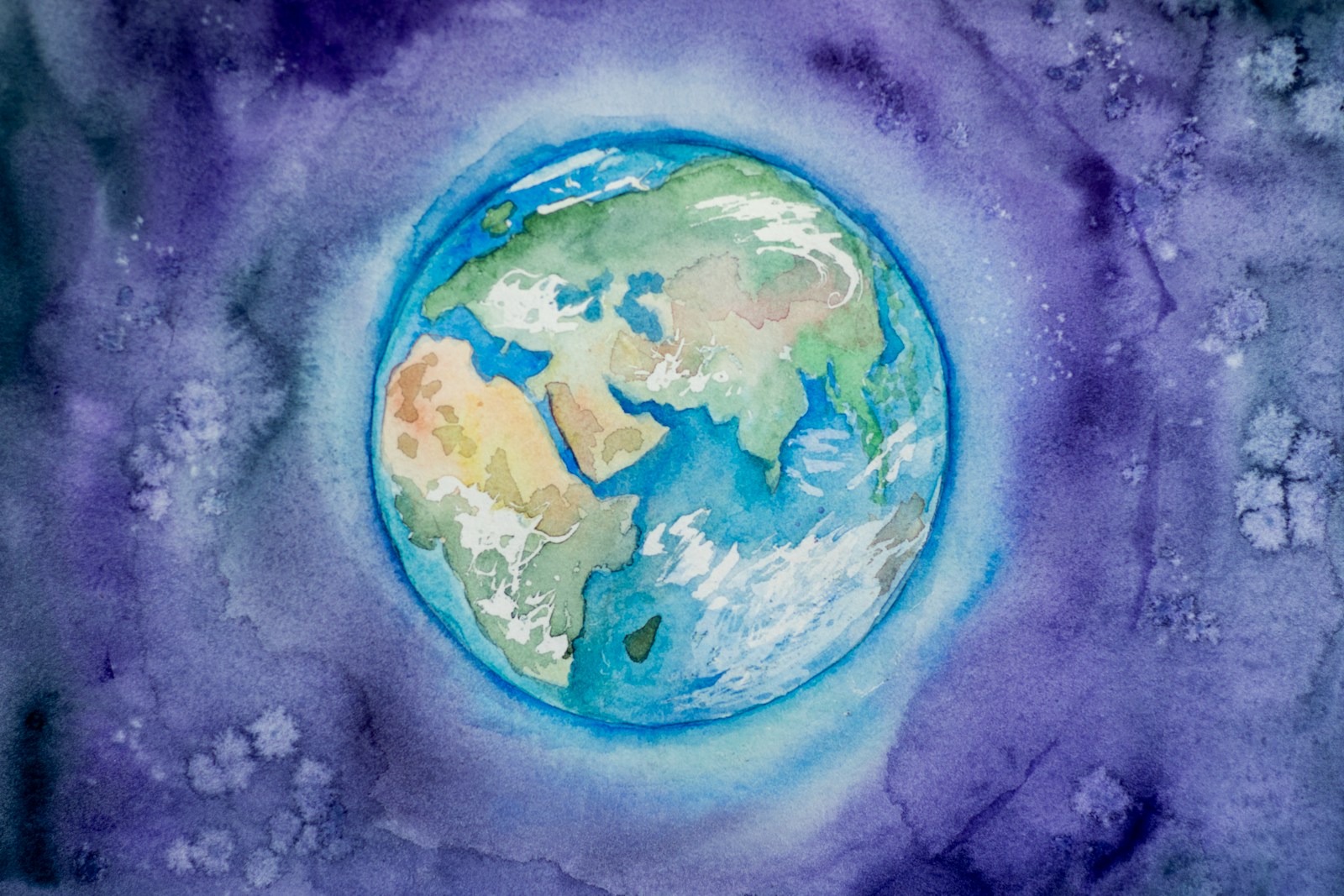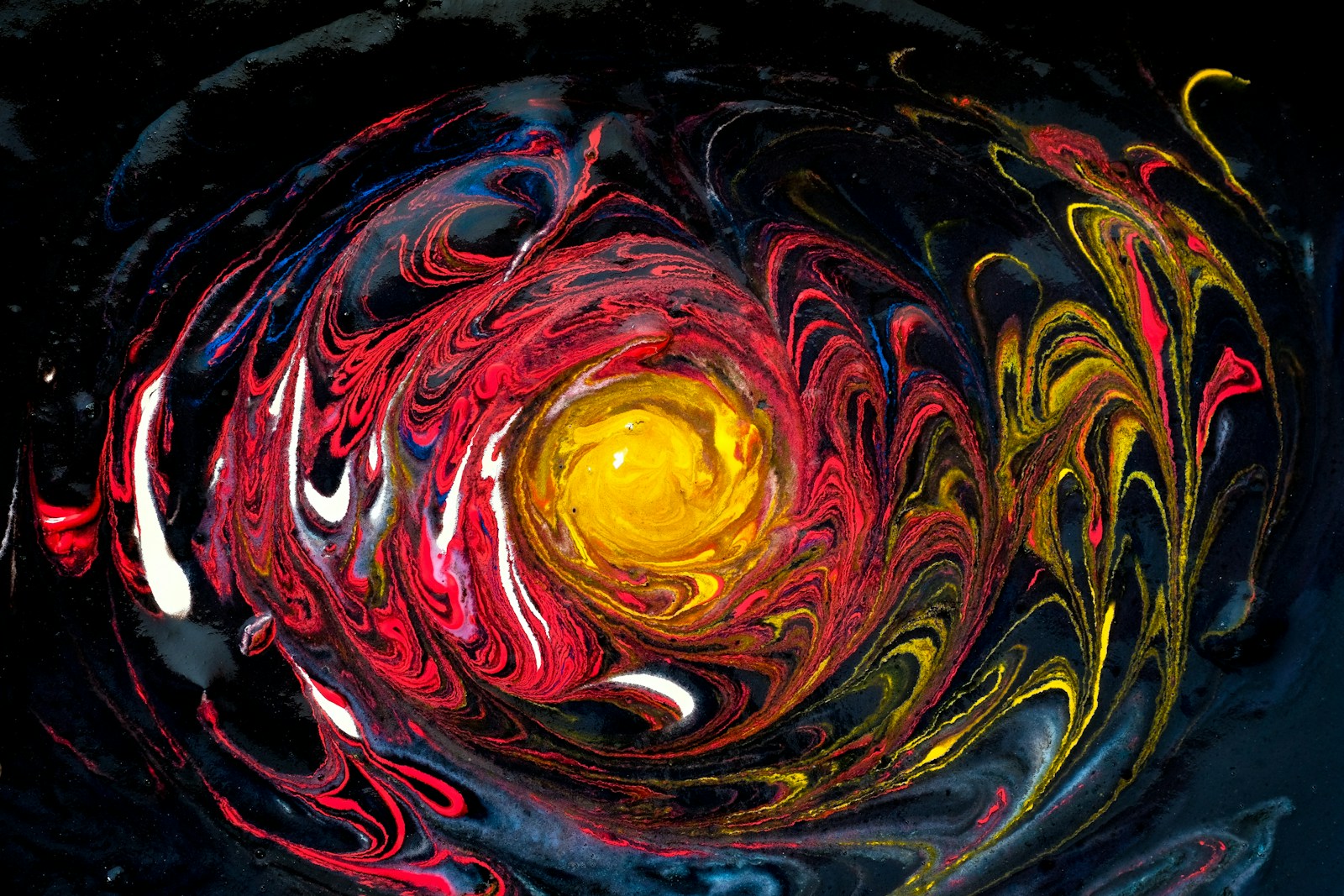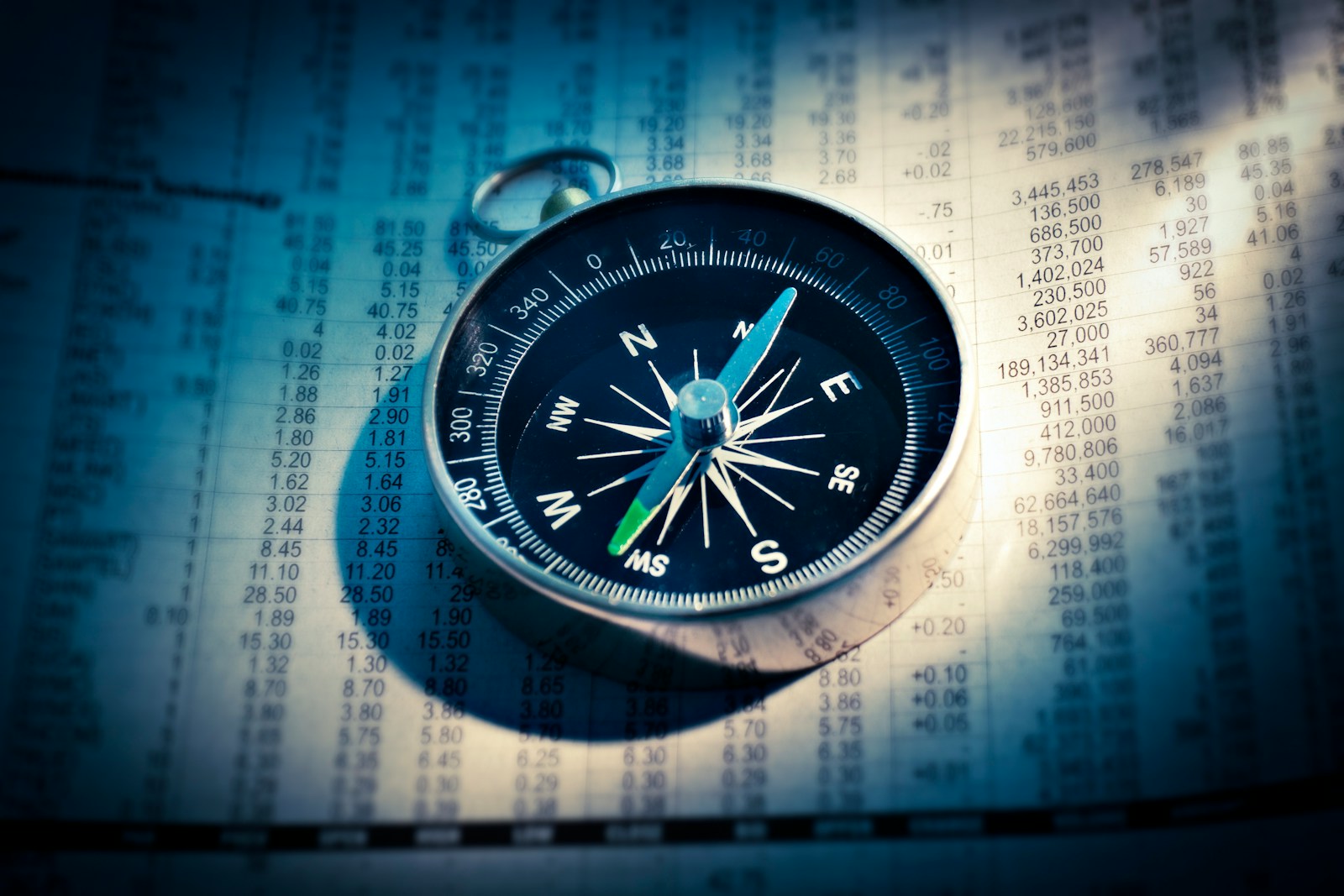Forgiveness is an act of will, preceded by a decision to do so. It’s not as simple as saying: “‘I forgive ‘so and so’”. It’s a real shift of perspective and a release of emotional energy/baggage. It’s also not saying that “‘so and so’s actions were okay’” or that something that is wrong suddenly becomes right.
Forgiveness isn’t about the offending party at all.
It’s–instead–taking the high road and seeing the bigger picture.
Forgiveness isn’t easy.
I struggle with it.
In its most rarified form, forgiveness goes beyond our personal rivalries and our individual lives. It is a shift in our relationship with reality; deeply entwined with compassion for ourselves and others and the reality of impermanence.
This “radical forgiveness” isn’t easy. Especially not to the extreme I’m referring to. Yet, it’s an important step to realizing our calm and peaceful nature and our life’s greater potential as artists and leaders.
Let’s say we fall out of bed one morning. Radical forgiveness wouldn’t be as silly as saying “I forgive my floor for hurting my face”. No, the forgiveness I’m coming to understand wouldn’t be about forgiving an individual occurrence in our life.
Instead, radical forgiveness is timeless and pervasive.
It is looking at ourselves and the world, with all its hideousness and beauty, and saying:
“I forgive everything that has ever happened in the past and everything that ever will happen in the future.“




